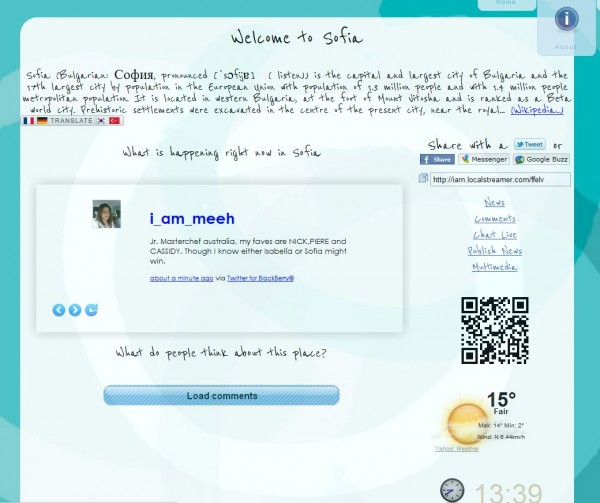Big Data is here, and it changes everything. From startups to the Fortune 500, smart companies are betting on data-driven insight. Strata, a conference organised by O’Reilly was based on three full days of hands-on training, information-rich sessions, and a sponsor pavilion filled with the key players and products. Aimed at bringing together the people, tools, and technologies to make data work the good news is that JISC has written comprehensive report for those who missed it.
The impact that freely available information has had on the learning community is truly profound, with tools like Wikipedia attracting huge audiences (over 365 million readers and growing). We can now access more data than ever – but what do we do with it all? If we want to take full advantage of all this information do we really have the tools we need? And how do we develop these tools in the future?
You can read the full review (its excellent) over at http://cottagelabs.com/strata-2011-review

